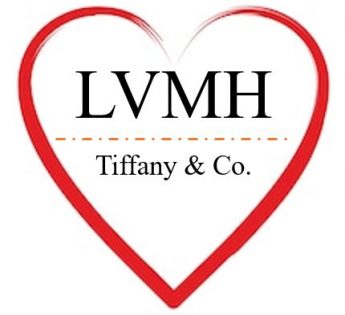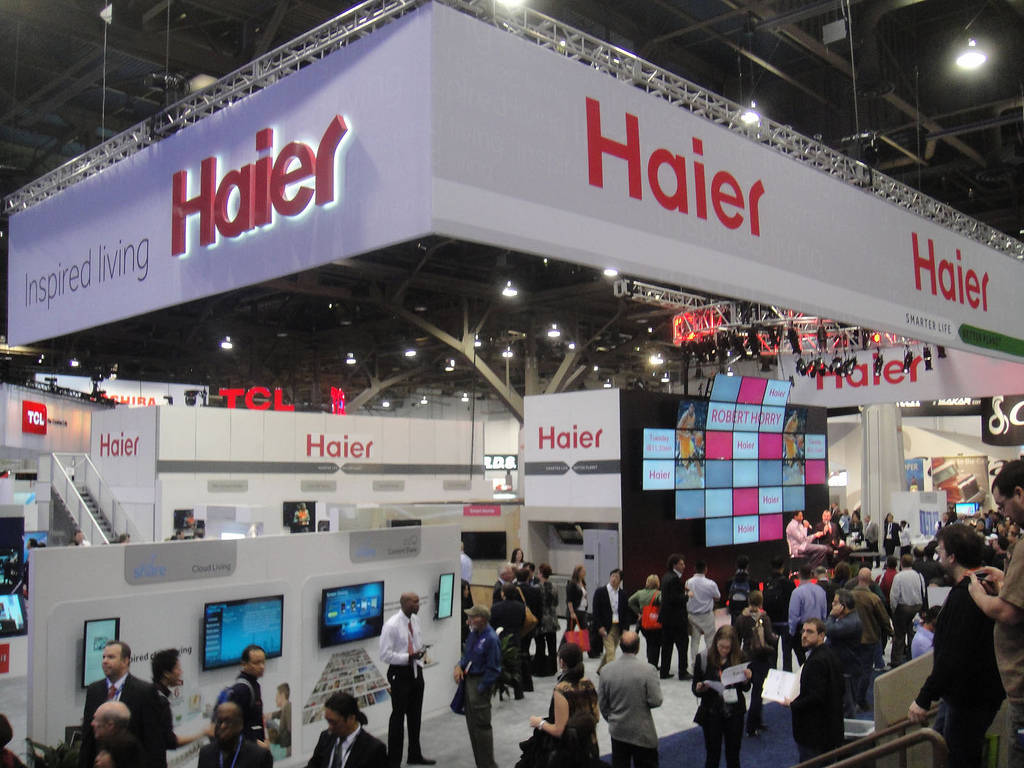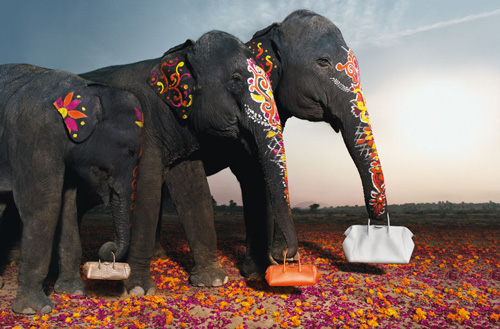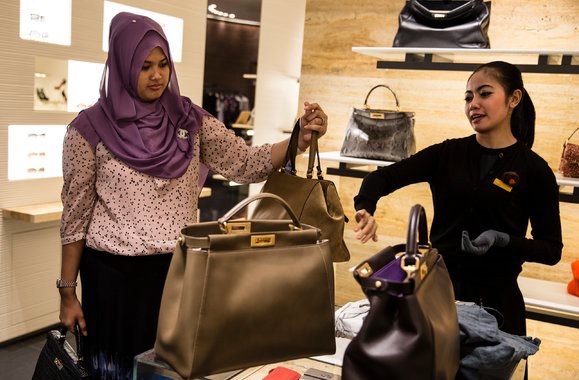LVMH & Tiffany: The master negotiator is at play again!
The LVMH's Tiffany acquisition was announced in late 2019. However, recently, rumours have emerged that LVMH has got cold fit in paying 37% premium for an acquisition in this COVID-19 era. I offer an alternative account of what may be going on behind the scene. Speculative I know, but nothing is impossible in the master negotiator Bernard Arnault's playbook. Have a read!
Engaging the gamers: what motivates gamers to purchase virtual goods
Virtual goods market generates more than $15 billion in annual revenue globally and is rising rapidly. We demonstrate how and which extrinsic and intrinsic motivations influence gamers to engage and purchase virtual goods. In examining the interactive effects of individual- and group-level variables, we uncover the social influence dynamics that drive virtual purchase behaviour. Thus, we answer if the virtual economy-based purchase behaviour demonstrates an extension of real-world behaviour.
Seriously, I thought Haier was a German brand! Detrimental effects of country of origin misclassification on bottomline
Many brands, particularly those from countries associated with poor production quality, attempt to disguise their origins. Some even attempt to deliberately associate their brand with a country that has a strong image to win over customers. Our recent research suggests that this can backfire, however. When customers find out the truth about a brand’s origins, they are not happy about it. In fact, they feel discontent and are put off buying from them in the future.
They are not all same (Part 2): Differences in Asian Luxury Consumption
In the part 1, I discussed how many luxury brands are failing across Asia as they treat Asian [Read Story]
They are not all same (Part 1): how Asian consumers differ in their luxury consumption – case of India
While luxury in Asia is booming with the rise of new money and an affluent consumption class the [Read Story]
Beyond Bling: Comparing Conspicuous Consumption in Today’s Society
Funded by British Academy, I led project with Professor Keyoor Purani at IIMK. The project looks at the influence of economic conditions on contemporary conspicuous consumption tendencies among consumers in the UK and India. The project findings demonstrate the variations between the British and Indian consumers showing how socio-economic market conditions influence conspicuous consumption.
Listen to my latest radio interview







